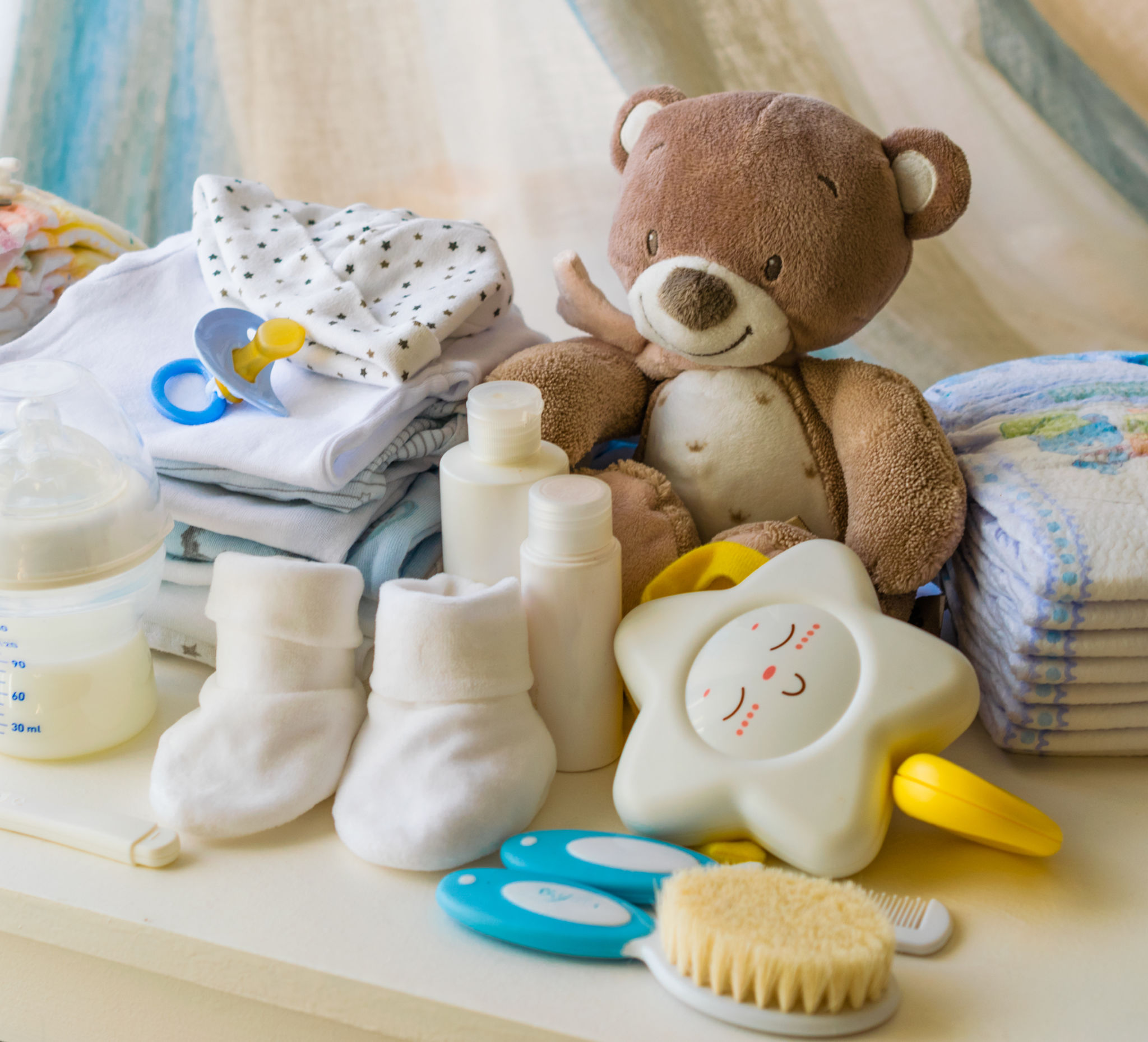Seasonal Newborn Care: Preparing for Cairns' Unique Climate
Understanding Cairns' Climate
Cairns, located in tropical North Queensland, is known for its unique climate characterized by warm, humid summers and mild, dry winters. This climate can pose both challenges and opportunities for newborn care. As parents, it's essential to understand how these seasonal changes can impact your little one's comfort and health.
The wet season, typically from November to April, brings high humidity and frequent rainfall. In contrast, the dry season from May to October offers cooler and drier conditions. Adapting your newborn care routine to these seasonal variations can ensure your baby remains comfortable and healthy throughout the year.

Dressing Your Newborn for the Weather
Appropriate clothing is crucial for keeping your newborn comfortable in Cairns' climate. During the wet season, lightweight, breathable fabrics such as cotton are ideal for staying cool and preventing heat rashes. Consider using loose-fitting clothing that allows air circulation.
In the dry season, layering is key. While daytime temperatures remain mild, nights can get cooler. Dress your baby in layers that can be easily added or removed to maintain a comfortable body temperature. Always check your baby’s neck or back to ensure they're neither too hot nor too cold.

Hydration and Skin Care
Hydration is paramount in a humid environment. Ensure your baby is well-hydrated, especially if you are breastfeeding, as babies may require more frequent feeds. For formula-fed babies, consult your pediatrician regarding any necessary adjustments.
Cairns' humidity can also affect your newborn's skin. Use hypoallergenic lotions to prevent dryness and irritation. During the wet season, a gentle talcum-free powder can help keep your baby's skin dry and prevent rashes.
Creating a Comfortable Sleep Environment
A comfortable sleep environment is essential for your newborn's rest and development. In Cairns' tropical climate, maintaining an optimal sleeping temperature can be challenging. Use a fan or air conditioning to keep the room cool during humid nights.
Ensure your baby's crib is free from excessive bedding that can trap heat. A light swaddle or sleep sack made from breathable material is often sufficient in warmer months. During the cooler season, consider a slightly thicker sleep sack to maintain warmth without overheating.

Managing Mosquitoes and Insects
Mosquitoes and other insects are common in tropical areas like Cairns. Protecting your newborn from bites is important as they can cause discomfort and potential health issues. Use mosquito nets over strollers and cribs as a barrier against insects.
Natural repellents that are safe for infants can also be considered, but always consult with your healthcare provider before use. Keeping windows screened and using electric mosquito traps can further reduce the risk of bites indoors.
Preparing for Outdoor Activities
Cairns offers beautiful outdoor experiences, but it's crucial to protect your newborn from sun exposure. Always use a stroller with a canopy or a wide-brimmed hat when outside, and avoid direct sunlight during peak hours.
Apply baby-safe sunscreen on any exposed skin if necessary, but remember that shade is the best protection for infants under six months old. Keep outings short during extreme weather conditions to prevent overheating or dehydration.

Conclusion: Embracing Cairns' Climate
Cairns' unique climate requires thoughtful adjustments in newborn care to ensure your baby remains comfortable and healthy throughout the year. By dressing appropriately for the weather, maintaining hydration, creating a suitable sleep environment, managing insects, and preparing for outdoor activities, you can confidently embrace life with your little one in this beautiful tropical region.
Remember, every baby is different, so always monitor your newborn’s comfort and make adjustments as needed. Consult with local healthcare providers for personalized advice tailored to Cairns' specific climate challenges.